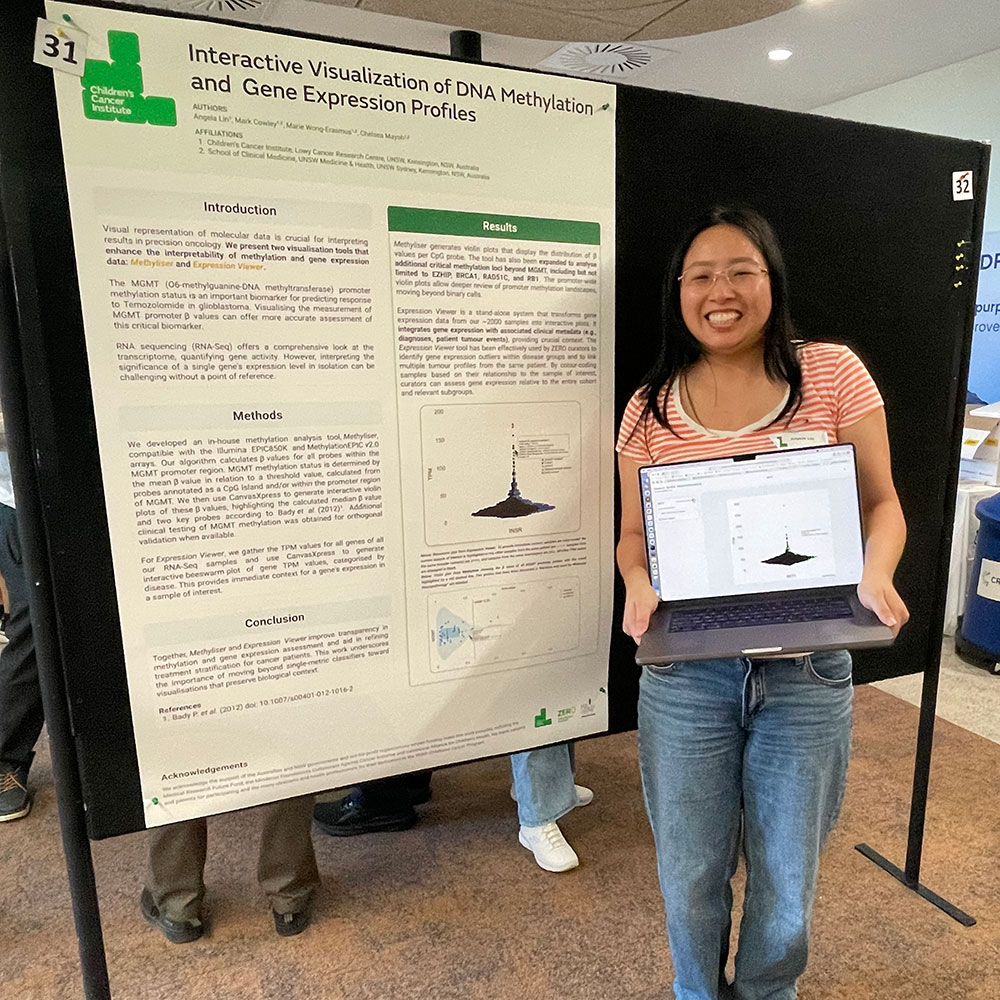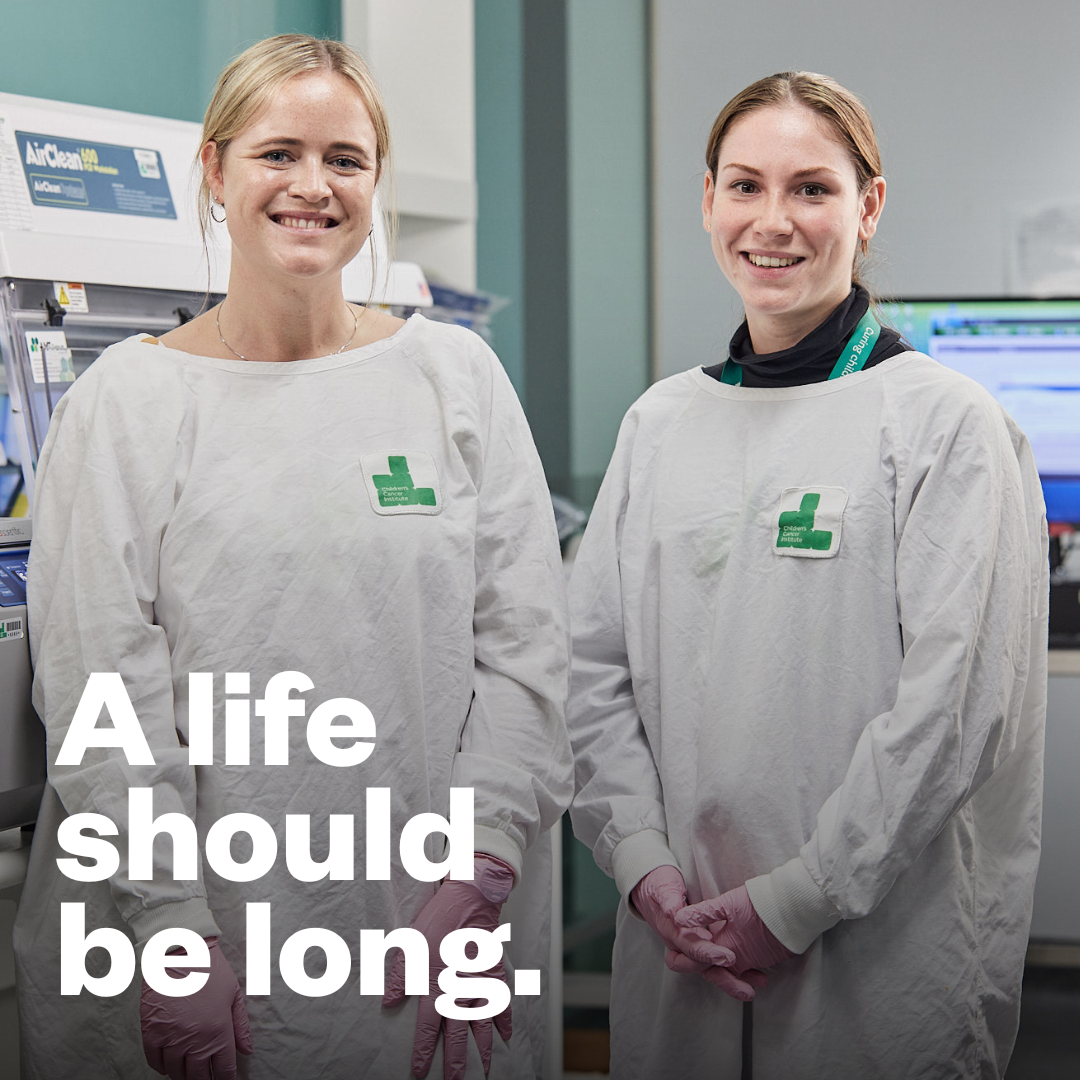On our blog last October we told you about some exciting results presented by Professor Richard Lock, Head of our Leukaemia Biology Program, at the AACR-NCI-EORTC International Conference on Molecular Targets and Cancer Therapeutics.
Prof. Lock’s team found that a drug called OBI-3424, developed by OBI Pharma, had “profound efficacy” in their preclinical models of leukaemia against a subtype of acute lymphoblastic leukaemia (ALL) called T-cell ALL (T-ALL), with virtually no toxic side-effects.
In July 2018, OBI Pharma was granted FDA Orphan Drug Designation for OBI-3424 for the treatment of a type of liver cancer called Hepatocellular Carcinoma (HCC). In September they received a second Orphan Drug Designation for OBI-3424, this time for the treatment of ALL. This designation was largely based on the research from Prof. Lock’s team.
Professor Richard Lock, Head of our Leukaemia Biology Program
What is the FDA, and what’s an orphan drug?
The FDA is a U.S. regulatory body responsible for protecting public health by ensuring that human and veterinary drugs, biological products, medical devices, food, cosmetics, and products emitting radiation are safe and effective. The Australian equivalent of the FDA is the Therapeutic Goods Administration (TGA).
Within the FDA, the Center for Drug Evaluation and Research (CDER) evaluates new drugs before they can be sold, to ensure they work correctly and their health benefits outweigh their known risks.
These drugs are classified in various ways. For example, a drug can be designated an Orphan Drug if it’s used to treat, diagnose or prevent rare diseases/disorders. Childhood cancer falls into this category.
Such drugs are not expected to recover the costs of development and marketing, so the FDA provides incentives to develop them. Since 1983, over 600 drugs and biological products for rare diseases have successfully passed through this scheme.
OBI-3424 is also described as a “first-in-class drug”. A first-in-class drug is one with a new and unique mechanism for treating a medical condition.
How OBI-3424 works
OBI-3424 is an inactive prodrug that is converted into an active drug in the presence of an enzyme called AKR1C3.
An enzyme is a protein that speeds up chemical reactions. This particular enzyme occurs in large amounts in several hard-to-treat cancers, including hepatocellular carcinomas, castrate-resistant prostate cancer and ALL. In the presence of the AKR1C3 enzyme, OBI-3424 releases a potent DNA damaging agent, killing the cancer cells. Normal cells on the other hand, which don’t have AKR1C3, are not harmed.
 OBI-3424 kills tumour cells with high levels of AKR1C3, while leaving normal cells unharmed (Image supplied by OBI Pharma: http://www.obipharma.com/obi3424/)
OBI-3424 kills tumour cells with high levels of AKR1C3, while leaving normal cells unharmed (Image supplied by OBI Pharma: http://www.obipharma.com/obi3424/)
What’s more, each patient’s tumour can be individually analysed to see if their cells have high levels of AKR1C3. This could allow doctors to predict which patients are most likely to respond to OBI-3424, and which aren’t, and so tailor their treatment accordingly.
Treating cancer based on its biology, not its type
Our increasing understanding of the molecular processes that characterise cancer cells is transforming the way that cancer is treated. New therapies are emerging that target specific molecular processes, regardless of the type of cancer.
Hepatocellular carcinomas, castrate-resistant prostate cancer and ALL are all different cancers, but they share a common feature – they all have high levels of AKR1C3. And they’re not alone – up to 15 solid and liquid (blood) cancers do. This means that OBI-3424 could potentially be used to treat all these different types of cancer.
One Step Closer
Being granted Orphan Drug Designation is a significant step in the development of OBI-3424 as an anti-cancer drug. A clinical trial is currently underway with OBI-3424 for adult hepatocellular carcinoma and castrate-resistant prostate cancer at the University of Texas M.D. Anderson Cancer Center (ClinicalTrials.gov NCT03592264).
Now that OBI-3424 has a second Orphan Drug Designation to treat ALL, a clinical trial for this childhood disease will likely start soon.
If these clinical trials find that OBI-3424 meets the required standards of safety and effectiveness, the drug will have taken another significant step towards FDA approval as a new treatment for these diseases.
Find out more about OBI-3424.
Top image: New drugs such as OBI-3424 must be tested for safety and efficacy and approved by a regulator before they are administered to patients (iStock image)















